Tadić: Recognition doesn't bring stability
President Boris Tadić says that Serbia "will not give up on its twin goals" of the defense of Kosovo or EU membership.
Thursday, 28.02.2008.
15:23

President Boris Tadic says that Serbia "will not give up on its twin goals" of the defense of Kosovo or EU membership. In an interview with Madrid daily El Pais, Tadic said that “people in Serbia understand that our path must be the one that leads to Europe, even though some European countries have not been fair towards our country’s integrity.“ Tadic: Recognition doesn't bring stability “People understand that we have to be EU members, that it is in our national interest. We’re not giving up on Kosovo or EU membership,“ said the president. When asked about the troubles in Belgrade on February 21, Tadic said that he did not expect any new demonstrations or riots. At the same time, he explained that the violence had been predictable as people were very angry. “I do not know how Spain, Germany or another country would react if they lost part of their territory, part of their identity,” Tadic said, expressing his regret that Europe had failed to understand the challenges facing Serbia. Advocating a rational compromise solution to unravel the "Kosovo knot," the president underlined that if there were to be winners and losers, there would be no stability in the Balkans. “If the Albanians get everything and if the Serbs lose everything, there will be problems,” he warned. “If we have negative repercussions, it will not be only Serbia that will suffer,” Tadic added. Asked whether compromise meant a division of the northern part of Kosovo, the president explained that he was talking not about division, but rather about compromise. “Such a form of imposed, unilateral independence leads to other unilateral declarations,” he cautioned, adding that it was not in Serbia’s interests to have a conflict that would be frozen for another 10 or 20 years, like in Cyprus. “We do not want such a solution, we want a solution that both sides accept,” Tadic explained. “This is in Europe’s interests too,” the president pointed out. “Countries that have recognized the illegal state of Kosovo are making a historic mistake which does not contribute to stability—anything but,” he cautioned. In response to the journalist’s comment that there had been “no catharsis in Serbia” since the nineties, Tadic noted that “the negative image painted by foreign media of Serbs in the nineties was unfair.“ “We weren’t the only ones to blame. We haven’t had catharsis because people in Serbia don’t want to accept the claims that we were the only culprits. Ordinary people know what happened, but they don’t want to talk about it, because they expect others to apologize too,” explained the president. In his opinion, this was “very important for a true process of reconciliation, reform and integration in the EU.” “It’s unrealistic to expect only us to admit our mistakes in the past at a time when we’re losing a part of our territory and identity,” said Tadic. Asked what the EU would do after Kosovo, given that thus far they have not had any definite strategic plan, and had changed tactics on several occasions, Tadic said that he did not expect the EU to make the aforementioned process any easier. “Over the last few years, we’ve come up against nothing but obstacles. That’s our reality. Serbia has been given a lot of promises, but no chances. Despite all our best efforts to integrate with Europe, it’s never been enough nor fast enough,” concluded the president. Boris Tadic (FoNet, archive)
Tadić: Recognition doesn't bring stability
“People understand that we have to be EU members, that it is in our national interest. We’re not giving up on Kosovo or EU membership,“ said the president.When asked about the troubles in Belgrade on February 21, Tadić said that he did not expect any new demonstrations or riots.
At the same time, he explained that the violence had been predictable as people were very angry.
“I do not know how Spain, Germany or another country would react if they lost part of their territory, part of their identity,” Tadić said, expressing his regret that Europe had failed to understand the challenges facing Serbia.
Advocating a rational compromise solution to unravel the "Kosovo knot," the president underlined that if there were to be winners and losers, there would be no stability in the Balkans.
“If the Albanians get everything and if the Serbs lose everything, there will be problems,” he warned.
“If we have negative repercussions, it will not be only Serbia that will suffer,” Tadić added.
Asked whether compromise meant a division of the northern part of Kosovo, the president explained that he was talking not about division, but rather about compromise.
“Such a form of imposed, unilateral independence leads to other unilateral declarations,” he cautioned, adding that it was not in Serbia’s interests to have a conflict that would be frozen for another 10 or 20 years, like in Cyprus.
“We do not want such a solution, we want a solution that both sides accept,” Tadić explained.
“This is in Europe’s interests too,” the president pointed out.
“Countries that have recognized the illegal state of Kosovo are making a historic mistake which does not contribute to stability—anything but,” he cautioned.
In response to the journalist’s comment that there had been “no catharsis in Serbia” since the nineties, Tadić noted that “the negative image painted by foreign media of Serbs in the nineties was unfair.“
“We weren’t the only ones to blame. We haven’t had catharsis because people in Serbia don’t want to accept the claims that we were the only culprits. Ordinary people know what happened, but they don’t want to talk about it, because they expect others to apologize too,” explained the president.
In his opinion, this was “very important for a true process of reconciliation, reform and integration in the EU.”
“It’s unrealistic to expect only us to admit our mistakes in the past at a time when we’re losing a part of our territory and identity,” said Tadić.
Asked what the EU would do after Kosovo, given that thus far they have not had any definite strategic plan, and had changed tactics on several occasions, Tadić said that he did not expect the EU to make the aforementioned process any easier.
“Over the last few years, we’ve come up against nothing but obstacles. That’s our reality. Serbia has been given a lot of promises, but no chances. Despite all our best efforts to integrate with Europe, it’s never been enough nor fast enough,” concluded the president.





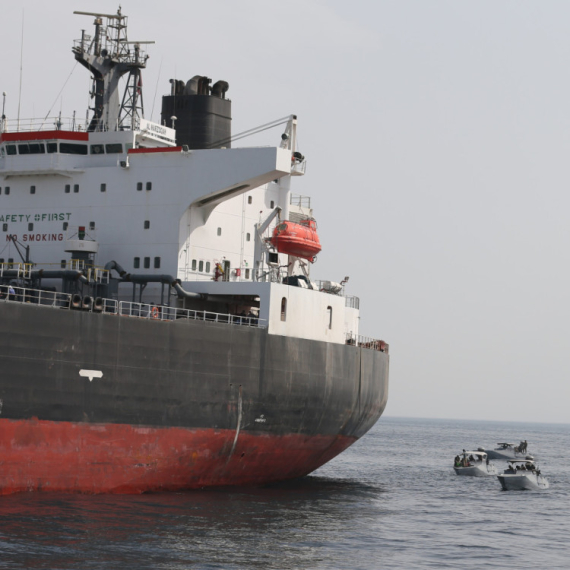




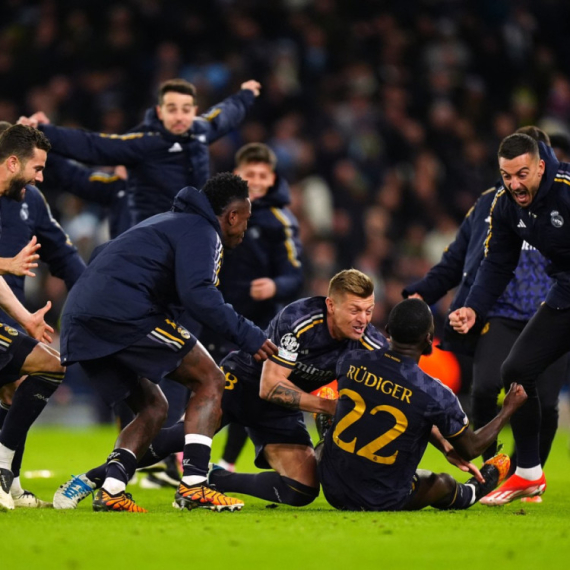

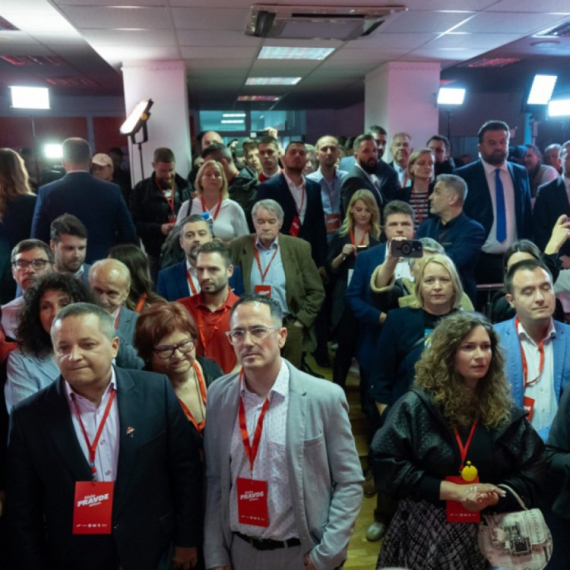
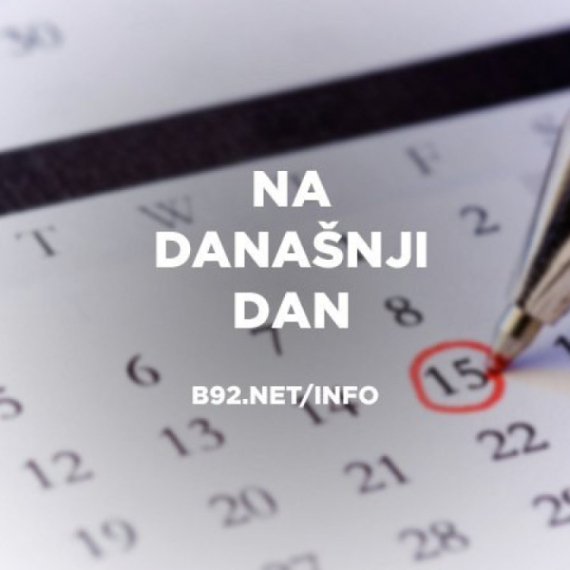

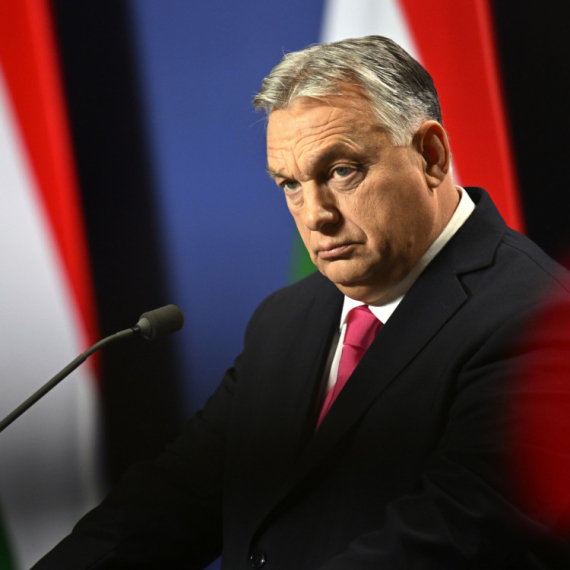
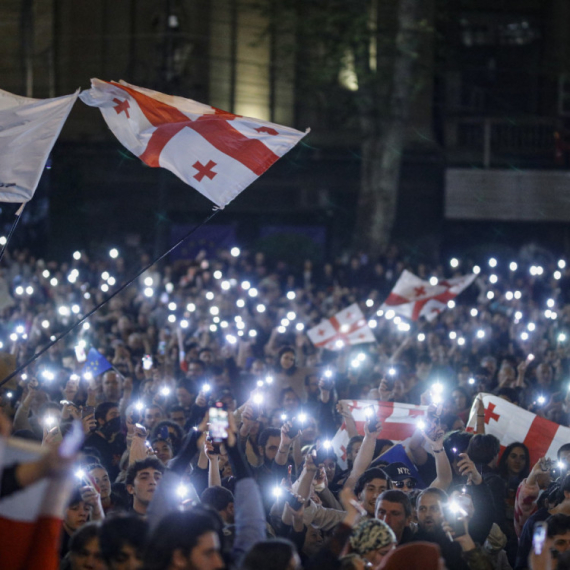

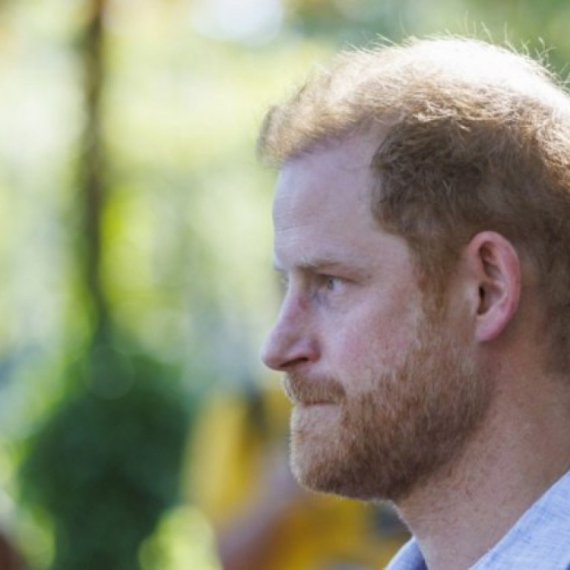






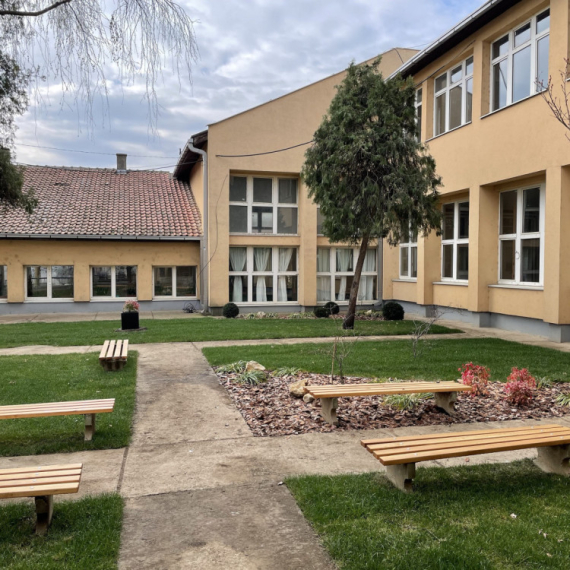





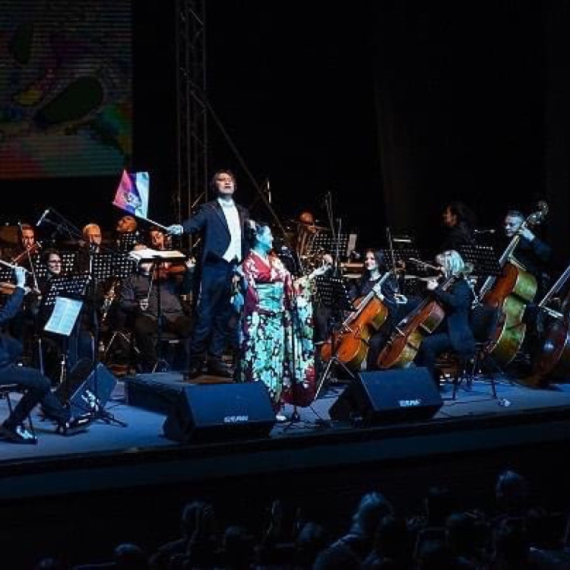





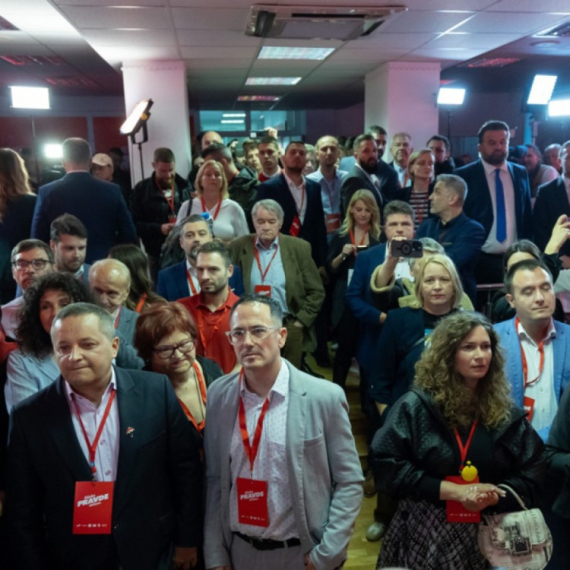

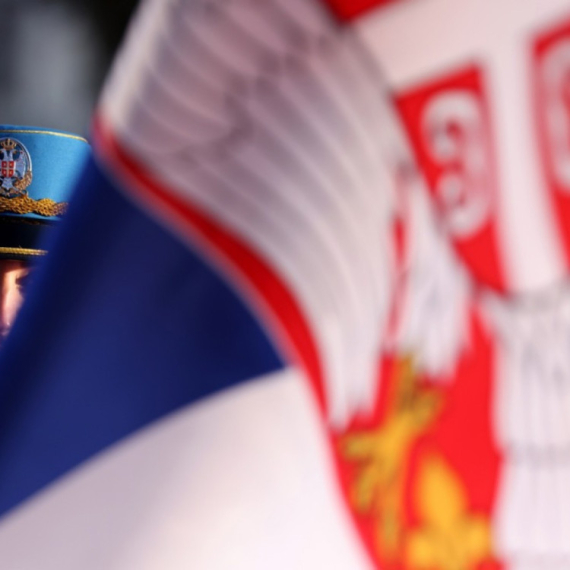

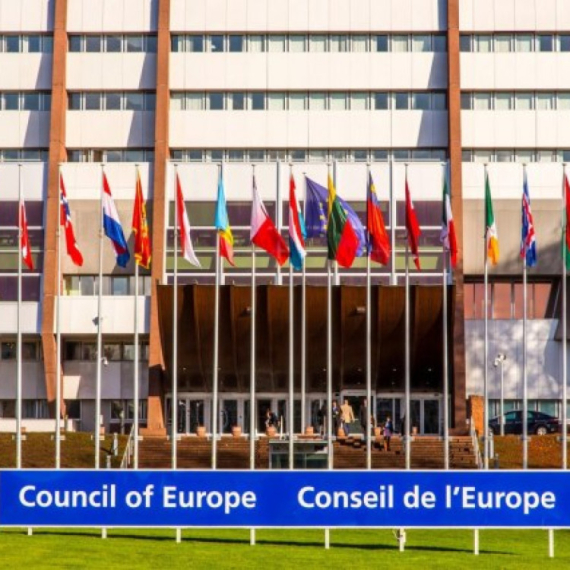

Komentari 6
Pogledaj komentare